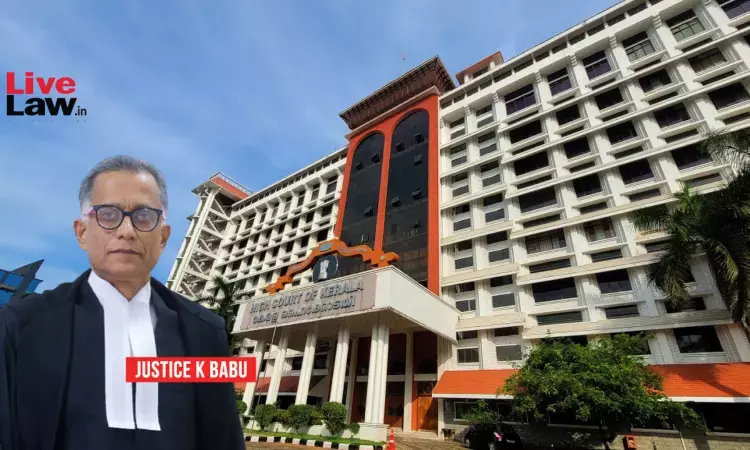The Kerala High Court has reiterated that a subsequent overruling judgment cannot disturb the conclusiveness of an inter parte order that has attained finality. Justice K. Babu made the above observation in a writ petition filed by the complainant seeking further investigation of her case. Significant to note that her application for further investigation was dismissed by the Magistrate in...

